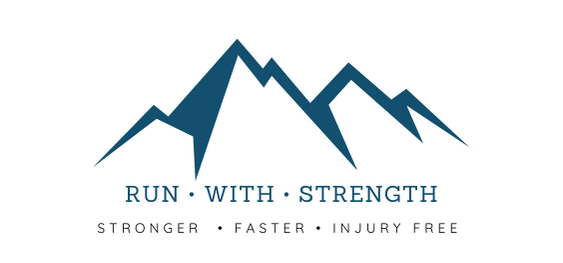Deciding what to eat during a running event is a difficult decision. Some people swear by not eating during the race, whilst others will have 3 or 4 carbohydrate gels per hour.
There is also the real risk of upsetting your gut and experiencing Gastrointestinal (GI) symptoms.
This article outlines the latest research on what to eat during your run to maximise your performance.
Summary
- Carbohydrate intake should equate to 60g per hours for most runners.
- Ultra-marathoners can have up to 90g of carbohydrate per hour.
- Caffeine intake should be between 3-6 mg/kg to maximise performance gains.
- GI distress is an important factor when considering race nutrition.
What should I eat during a run?
Carbohydrate is going to be your main source of fuel during a race. So avoiding high fat, high protein and high fibre sources of nutrition is critical. These other macronutrients will sit in your stomach, slow down carbohydrate absorption and increase risk of GI upset. (Note: Ultra Marathoners have more wiggle room with these foods as they compete at a lower intensity).
Carbohydrate intake is usually in the form of gels or high carbohydrate sport drinks as they are an easily absorbed form of carbohydrate with minimal other nutrients present.

How much should I eat during a race?
So we know carbohydrate ingestion can improve performance, but how much should we take in?
Research has long suggested that an intake of 60 g/h of carbohydrate is the maximum rate your gut can absorb. This is equivalent to approximately 2 standard carbohydrate gels per hour. However, for ultra-endurance distances >50km, research suggests up to 90 g/h can be absorbed if the source of carbohydrate is a 2:1 mix of glucose and fructose respectively, as they use two seperate pathways for absorption in the gut.
So for a 3 hour marathon time, 6 gels of 30g carbohydrate per gel is recommended. More than this is unlikely to aid performance and can increase risk of GI upset.
A minimum of at least 11 g/h of carbohydrate is thought to be required to provide any significant benefit in performance (Fielding et al., 1985).
Can caffeine improve performance?
Use of caffeine during running and endurance events is now common place. Many carbohydrate gels contain 60-80mg of caffeine.

A recent review of 46 trials found evidence of a small improvement in power output and overall performance when caffeine was consumed at moderate dose of 3-6 mg/kg. So for a 70kg individual, the minimum dose totals 210mg. An average cup of coffee has approximately 95mg caffeine.
A race strategy of a cup of coffee an hour before the race + 2 caffeine infused gels would be equate to 255mg over the course of the race. For the maximum effective dose, adding another 2 caffeinated gels would bring the total to 415mg.
Unfortunately, the research doesn’t give advice on whether to take the caffeine during or prior to the event. Our advice is to consume the above caffeine dosage during the course of the run, as this will reduce the risks of adverse events.
To avoid adverse reactions, slowly increase the caffeine consumed during your long runs and observe any changes in performance and perceived exertion. Also look out for any negative symptoms such as increased need to urinate, GI upset or increased feelings of anxiety.
References
Fielding RA, Costill DL, Fink WJ, et al. Effect of carbohydrate feeding frequencies and dosage on muscle glycogen use during exercise. Med Sci Sports Exerc. 1985;17:472–6.
